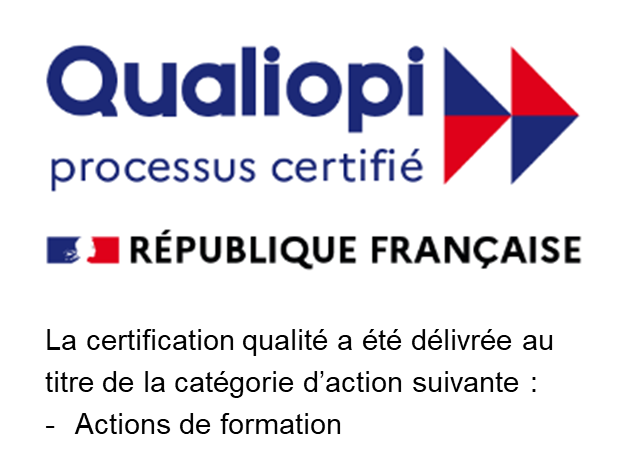The prospect of moving to another country for the job of your dreams can be a very exciting prospect. There are many things to consider like job culture, housing, meeting new people, but how about the issue of diversity and inclusion? Many of us when moving to a new country are worried that our new home may not accept us for who we truly are.
Let’s explore diversity and inclusion
Diversity incorporates all of the elements that make individuals unique from one another, and while there are infinite differences in humans, most of us subconsciously define diversity by a few social categories, such as gender, race, age and so forth. Although often used in tandem with diversity, inclusion is a concept of its own. Inclusion can be defined as the achievement of a society or culture (either societal or work) in which all individuals are treated fairly and respectfully, have equal access to opportunities and resources, and can contribute fully to society’s activities.
In summary, diversity refers to the traits and characteristics that make people unique while inclusion refers to the behaviors and social norms that ensure people feel welcome.


















